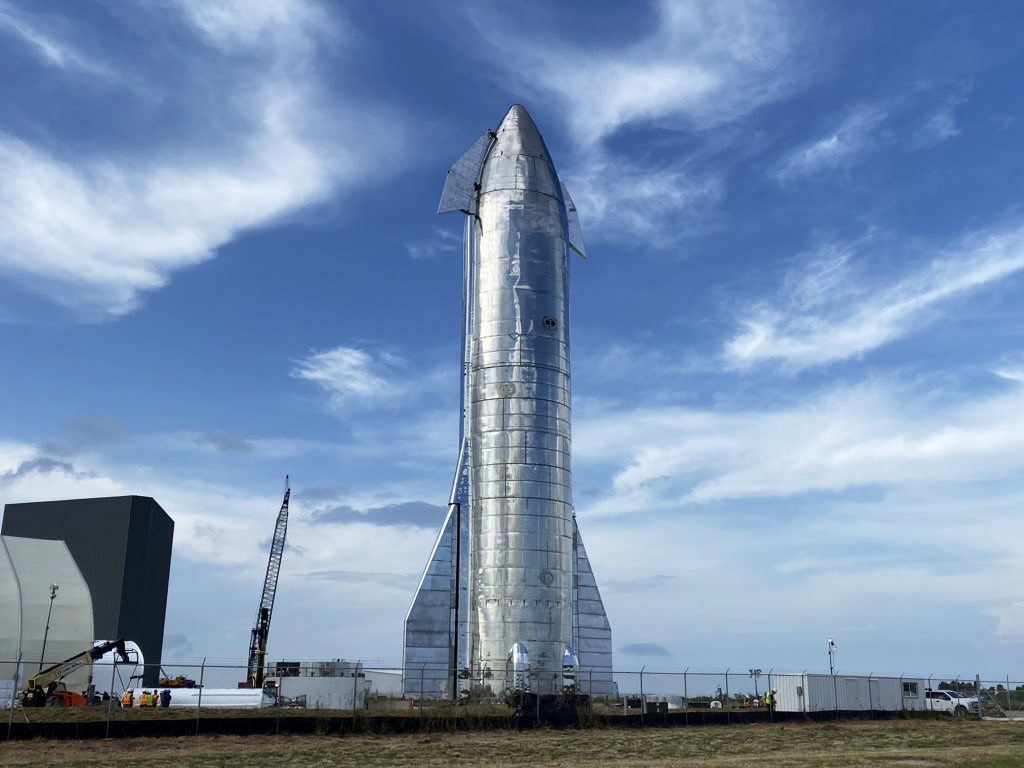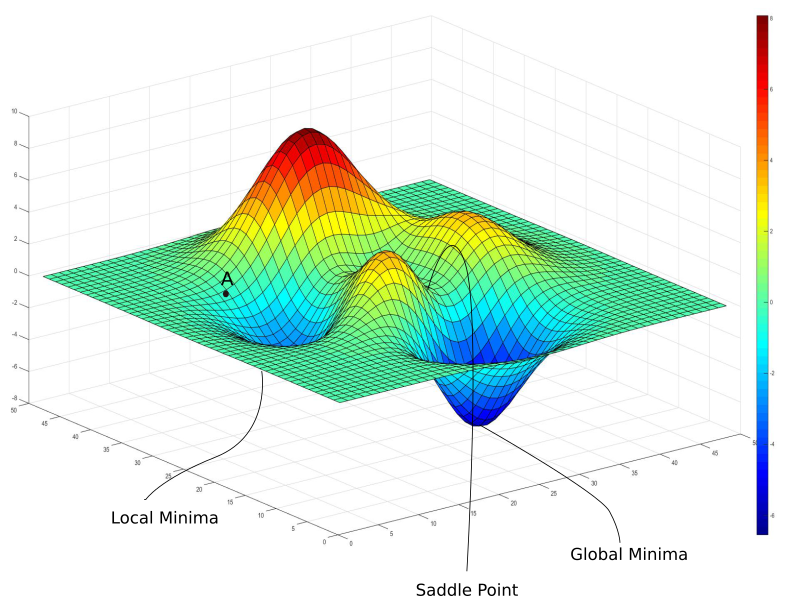Re: Stiinta
Posted: 10 Apr 2019, 16:56
looks good
Jocuri vechi și noi · Forumul comunității LEVEL
https://forum.candaparerevista.ro/

The rocket will attempt to boost 60 Starlink satellites, each 227kg, to an altitude of 440km. This is the company's first block of Starlink satellites for what should eventually be a much larger constellation
About 1 hour and 3 minutes after the launch, the entire stack of 60 satellites floated away from the Falcon 9's second stage. Slowly—very slowly, it appeared—the 60 satellites began to drift apart.
Breathtaking View of SpaceX Starlink Satellite ‘Train’ Triggers Wave of UFO SightingsWith six more launches, for a total of about 400 satellites, SpaceX founder Elon Musk said the Starlink constellation will reach the point of being able to offer some initial Internet connectivity to ground-based users. A dozen launches would bring "significant" connectivity, he said, and 24 launches would bring near-worldwide service.
A satellite tracker in the Netherlands has captured stunning video of dozens of SpaceX Starlink satellites passing overhead. Launched together late last week, the chain of satellites looked like a giant, brightly lit train chugging away in the night sky—a rare sight that understandably prompted UFO sightings.

Three years ago, Elon Musk took the stage in Guadalajara, Mexico, to share the full scope of his Mars ambitions for the first time. He spoke of building a large, interplanetary spaceship—it was not yet named Starship— and a large rocket booster with dozens of engines that would carry 100 people to Mars at a time.
But most futuristic of all seemed the notion of a 50-meter tall spaceship that could launch into space, fly on to the Moon or Mars, and return to Earth. And yet this was what Musk put on display with the Starship Mk 1 vehicle. Soon, perhaps within one or two months, it will launch to an altitude of 20km. Simultaneously, the company is building a second prototype, Mk 2, in Cocoa, Florida. It will start work on a third version in Texas later this fall, and so on.

3:30pm ET Update: The weather was good, and right on cue a Falcon 9 rocket lifted off from Kennedy Space Center on Saturday. The first stage performed nominally, and separating, it successfully landed on a drone ship in the Atlantic Ocean. Meanwhile, the second stage cruised into into orbit and dropped off the Dragon spacecraft right where it needed to be.
It will take about 19 hours for the Crew Dragon spacecraft to catch up with, and dock with the International Space Station. Ars will have continuing coverage of this historic mission.
The interesting parts of our minds are, in my view, the parts that make models. The other thing it's the Reward Function that makes the mind subservient to the organism. To turn some general mind into the illusion of being a person and caring about things the organism needs to take a perfectly fine computational process and corrupt it with the illusion of meaning. Right? So you have this reward function that needs to be protect against the X's of the mind that would want to know "why am i doing this here?" and so the reward function gets wrapped into a big bowl of stupid to protect it against you accesing it. Right? So as soon as you try yo look at your true incentives it gets very boring or something else. You feel very guilty if you are in the early stages or very ashamed and only when you go all the way and are able to look at this things you can dissolve being a person and you wake up. And is not necessarily a good thing if you wake up. This liberation doesn't give you a direction. You just wake up and look down at your hands, and you say "Ok, i just woke up and i'm a mind, i'm not a monkey, i'm just the side effect of the regulation needs. But does it have to be a monkey that i run on?"

First 3 minutes, he says somtehing similarMărar wrote: 10 Jul 2020, 12:30
Tangetial: O teorie personala legata de "why are psyhedelics useful in treating depression" ar fi ca depresia este cauzata (si) de o perceptie (despre sine, despre lume) care a ramas blocata intr-o minima locala daunatoare, schimband loss function-ul respectiv, creierul este din nou liber sa gaseasca o minima globala mai adecvata.

Simply put the idea is that the Universe doesn't revolve around us. This is one of the starting assumption on which the scientific project rests upon since it's very early modern stages when that strange polish priest (Mister Copernic himself) wrote that strange little "book that no one read" ("On the revolution of the celestial spheres") and kicked us self-aggradizing apes out from the centre of Universe.The Copernican Principle. The universe is not organized for our benefit and we are not uniquely privileged observers. Science strives to remove ‘us’ from the centre of the picture, making our existence a natural consequence of reality rather than the reason for it. Empirical reality is therefore something that we have learned to observe with detachment, without passion.